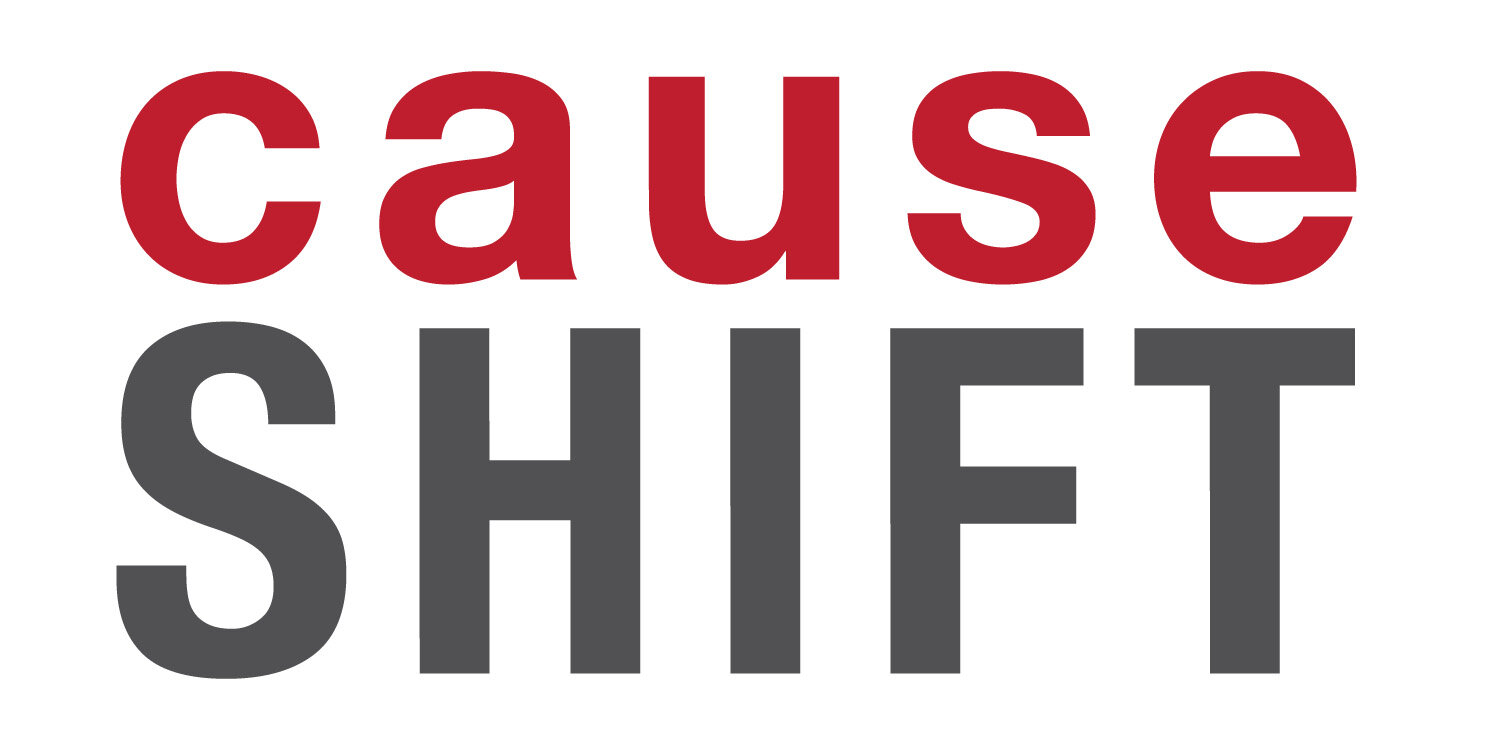Feed Your Roots: How Leaders Can Lead in Troubled Times
#1 Thing You Need to Learn:
You come from an unbroken chain of survivors and can keep the streak alive by short-circuiting the primitive parts of your mind and adopting a survivor’s mindset.
A More Detail Exploration:
As a proud Nebraskan and current resident of Indiana, I appreciate the resiliency of prairie plants. They survive everything Mother Nature throws at them. Do you know why? It’s because they are 70% root structures.
You are an active participant in a brave new epoch of human history. While most of us have never experienced a pandemic, none of us have ever witnessed the nearly complete shutdown of the economy. To survive, you need to focus on feeding your roots.
Survival First, Growth Second
We don’t know what we don’t know. The geometric progression of events is very difficult for the human mind to comprehend.
So let me be blunt. We need to focus on the base of Maslow’s Hierarchy of Needs. Survival is the first and only thing you need to worry about right now.
As cellular biologists can attest, cells have three main states of operation: protection, growth, and neutral. They can only operate in one state at a time. So cells in protective states won’t grow. It’s kinda of pointless to focus on the higher levels of the pyramid when the bottom levels are in question.
Cortisol is Corrosive
After a decade of massive Federal research on the brain, we now understand the human brain is a product of evolutionary biology. The more primitive parts of our brain (aka the monkey and lizard parts) take care of the instinctual functions and emotional elements.
That’s helped us survive hostile environments with predators on the prowl (and rival Homo sapiens lurking about). When the amygdala, hypothalamus, and brain stem kick in, they kick off a cascade of cortisol. This hormone is helpful to get the blood flowing, but it does so at the expense of higher cognitive abilities and the immune system. That can help with tigers, but not microscopic viruses.
Embrace the Stockdale Paradox
Admiral James Stockdale was a prisoner of war during the Vietnam War and he found that he and his fellow survivors made it through this harrowing ordeal because they lived according to what’s now considered the Stockdale Paradox.
Interestingly, those who were overly optimistic didn’t make it. Nor did those who were believe they were doomed. Instead, those individuals who acknowledged the challenge they faced AND held hope they would make it were the ones who survived.
Those who have overcome natural disasters and war zones know it’s important to “keep moving” and not get frozen or shellshocked. In this instance, “keep moving” is to accept the new realities.
Breath is the Wedge
How do we quiet the monkey & lizard parts that are spinning like a merry-go-round so we can shift our minds to the Stockdale Paradox way of thinking? While we’d like to think this neocortex that we’re both using right now is in control, it’s mostly playing catch up to the subconscious functions. It can be focused and harnessed but that takes great effort, which is what’s needed.
As ancient mystics and mindful masters know, breath is the wedge we need. Focusing on the simple function of breathing in and out can help slow down the primitive parts of our brain and let our neocortex and judgment centers catch up.
Lessons from the Holocaust
Viktor Frankl survived the Nazi concentration camps during World War II and helped the world understand why people survived such horrific challenges. In his seminal book, Man’s Search for Meaning, he articulated the lessons he learned.
Stimulus - Reaction
First, we have the freedom to choose how we respond to stimuli. Those people who realized that they would always have that freedom overcame the loss of all other freedoms.
Second, those people who rooted themselves in a purpose greater than themselves were able to sustain themselves through great hardships and cruelty.
As a leaders, you need to take a moment to remind yourself and your team members of these two lessons. In a world filled with chaos, you can control how you respond. And you can root this response to serve a greater purpose than yourself.
Missing Those Familiar Faces
I bet one big reason you’re feeling out of sorts with the world is because you’re not seeing all the familiar faces you are accustomed to seeing in your pre-pandemic days. Think of all the people who appeared in the regular happenings of those days of yonder.
These “village faces” are the people you see on a regular basis as you go about your life. Your favorite barista, that guy from accounting you run into at the copy machine, folks you talked with at Yoga class, the UPS delivery woman, and more.
You probably heard about the Dunbar number - the people the human brain is capable of rolodexing. But did you know Dr. Robin Dunbar found there’s concentric circles of relationships that matter? The numbers to focus on here is 50:5:1 - with a greater degree of intimacy shared as you get closer to the center.
While you might be staying at home with your most intimate relationship and in regular contact with the five intimate friendships, I bet you aren’t having much interaction with the 50 people you normally interact with on a regular basis. These are the interactions that put your mind at ease.
It’s helpful for you to list out of these people, then reach out to 2-3 of them each day to check in and see how they are doing. The poet John O’Donohue liked to point out that the Irish have old saying: a burden shared is a burden halved.
By reaching out to these familiar faces to share your emotions and be present with theirs, you’ll find your spirits lifted. Your friends will feel just as lifted as you.
Chop the Wood, Carry the Water
As I was going through my separation and divorce, my father (retired psychiatrist) gave me a mantra to remind me to take care of fundamental habits in my life: Chop the Wood, Carry the Water. It was a daily reminder that I needed to take responsibility for vital activities to keep myself going.
While you likely haven’t had to endure prolonged isolation in the International Space Station, on board a Royal submarine, in house arrest, quarantine during chemotherapy, or on mountain expeditions, you can learn from those who did. Their essential habits can be summarized with these tips:
Keep a Journal
Rest and Sleep
Maintain a Routine
Enjoy Art & Literature
Stay Connected with Loved Ones
One key thing to emphasize is the importance of sleep. If your mind is racing like a merry-go-round, it’s worth checking out these simple yoga poses or this proven relaxation method to help you get that sweet, sweet sleep. I find taking a hot bath right before bed helps, too.
That way, you can wake up in the morning and focus on the daily habits you need to generate momentum for your day. I find making my beds (like the Navy Seals recommend) and getting my morning stretching and Yoga routine down right away helps me start each day with a sense of accomplishment that carries me forward.
Challenge Your Assumptions
Have you stepped back to think about what assumptions you’re basing your decisions on that aren’t relevant anymore? I bet you’ll find quite a few of them have changed since the COVID-19 pandemic arrived.
While you might not think of a Nebraskan as a font of nautical wisdom, we do have quite the Navy. I aspire to become a Nebraska Admiral one day.
So take it from me that in times of stormy weather, you want to raise anchor, trim your sails, and lighten your load so you can have the agility and nimbleness to survive the raging seas.
A great exercise is what the English poet David Whyte recommends: write down the seven assumptions you’re living your life based on. Then ponder which ones need to be eliminated and which new ones need to be added.
Five Ways to Feed Your Roots Today
Now that you have some knowledge, it’s time to put it to good use. Leaders who lead during troubled times know it’s critical to short circuit the primitive parts of the brain and help provide the emotional security we need as humans.
You can take these five immediate actions (and I encourage you to have your team join you in these):
Breath and focus your mind regularly
Recognize the new realities and hold out hope for your team
Map out your 50:5:1 and chat with 3 per day
Update your routines for new realities
Write out 7 assumptions and adjust them
As a Russian play director held in house arrest encouraged those undergoing quarantine: accept this is as a gift of fate, not some pain to endure. The transformation is going to happen; it’s really about how much you want to have a hand in shaping it.
What’s missing? What would you add or amend?









